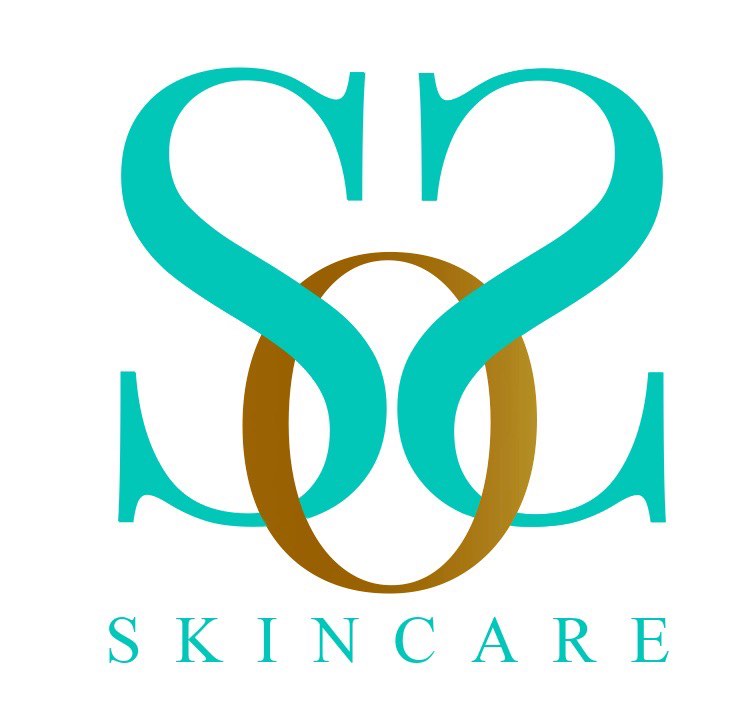Polycystic Ovary Syndrome (PCOS) is a common hormonal disorder that affects women, often resulting in a range of physical and emotional symptoms. One of the most frustrating and visible symptoms of PCOS is acne. The hormonal imbalances associated with PCOS can lead to increased oil production, clogged pores, and inflammation, contributing to the development of acne. In this blog, we will explore the link between PCOS and acne, as well as discuss effective management strategies to help individuals with PCOS achieve clearer, healthier skin.
Understanding the Connection: PCOS disrupts the normal functioning of the ovaries, resulting in an imbalance of hormones, particularly elevated levels of androgens (male hormones) such as testosterone. This hormonal imbalance triggers the overproduction of sebum (oil) by the sebaceous glands in the skin. The excess sebum, combined with dead skin cells and bacteria, clogs the hair follicles, leading to the formation of acne lesions.
Types of Acne Associated with PCOS: Acne caused by PCOS tends to be more severe and persistent than regular acne. It commonly appears as:
- Cystic Acne: Large, painful, deep-seated bumps under the skin that can cause scarring.
- Inflammatory Acne: Red, swollen, and pus-filled pimples.
- Hormonal Acne: Typically occurs around the chin, jawline, and neck, often worsening during menstrual cycles.
Management Strategies for PCOS-Related Acne: While managing acne related to PCOS can be challenging, a comprehensive approach involving lifestyle modifications and targeted treatments can help:
-
Medical Evaluation: If you suspect you have PCOS or are experiencing persistent acne, it is essential to consult with a healthcare professional, preferably an aesthetician, dermatologist or endocrinologist. They can assess your symptoms, conduct relevant tests, and provide an accurate diagnosis and personalized treatment plan. Book a consultation here.
-
Hormonal Therapy: Birth control pills (containing estrogen and progestin) are commonly prescribed to regulate hormone levels and reduce androgen production, thus managing acne. Anti-androgen medications like spironolactone may also be recommended in certain cases.
-
Skincare Routine: Establishing a gentle and consistent skincare routine is crucial for managing PCOS-related acne. Use non-comedogenic cleansers to remove dirt, oil, and impurities without causing further irritation. Incorporate topical treatments containing ingredients like salicylic acid or benzoyl peroxide to unclog pores and reduce inflammation. Moisturize with oil-free, non-comedogenic products to maintain skin hydration without adding excess oil. Order the Acne Crack System here.
-
Professional Treatments: Depending on the severity of acne, dermatological procedures such as chemical peels, microdermabrasion, or laser therapy may be recommended. These treatments can help reduce acne lesions, minimize scarring, and improve skin texture. Book a consultation here.
-
Dietary Modifications: Although there is limited scientific evidence linking diet directly to PCOS-related acne, adopting a healthy diet may help manage symptoms. Focus on consuming a balanced diet rich in fruits, vegetables, whole grains, lean proteins, and healthy fats. Limit processed foods, sugar, and refined carbohydrates that can exacerbate inflammation and hormonal imbalances.
-
Stress Management: Stress can worsen hormonal imbalances and trigger acne breakouts. Incorporate stress-reduction techniques such as exercise, meditation, or engaging in hobbies to promote overall well-being and hormonal balance.
Conclusion: Dealing with PCOS and acne can be challenging, but with the right knowledge and approach, it is possible to achieve clearer, healthier skin. Understanding the hormonal imbalances associated with PCOS and implementing a comprehensive management plan involving medical evaluation, skincare routines, & professional treatments.
Need a skincare consultation? Book it here.

